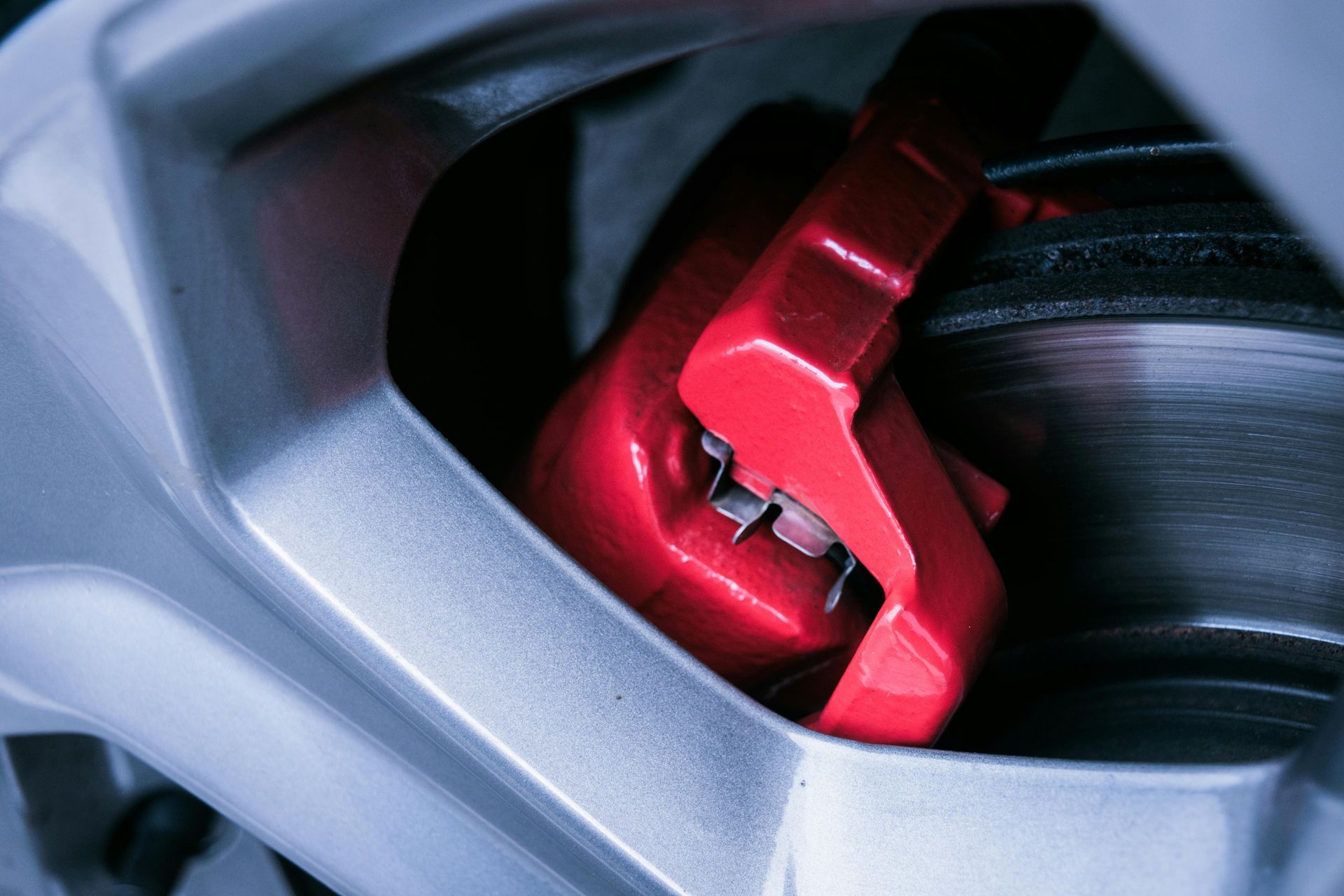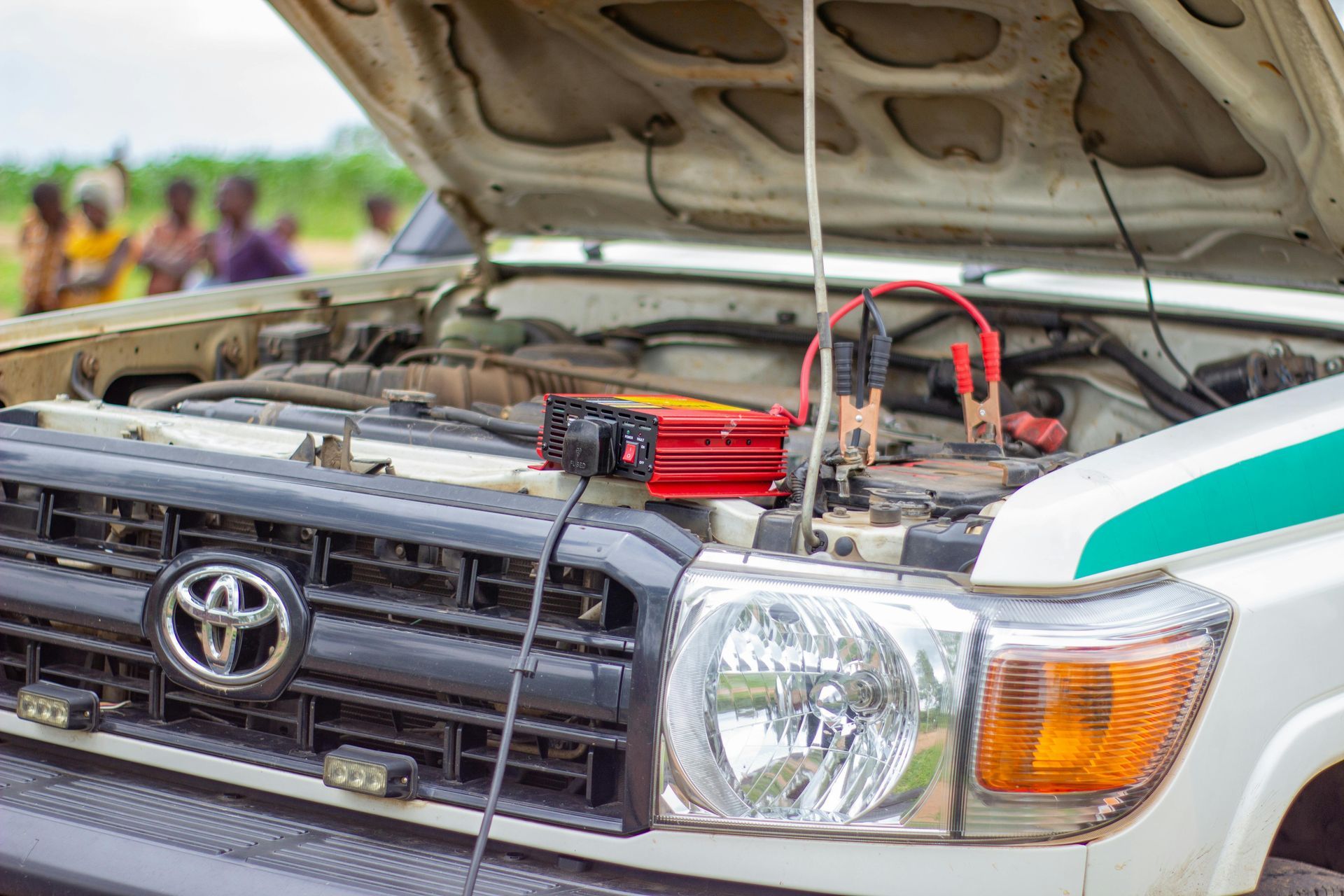What Does Your Check Engine Light Really Mean? Expert Tips from Hill Country Yota Works
At some point, every driver has experienced the unsettling moment when the check engine light suddenly illuminates. While it’s easy to dismiss or panic over, understanding the real meaning behind this little dashboard icon can make all the difference. At Hill Country Yota Works in New Braunfels, TX, we’ve seen it all—from minor fixes to major repairs—and we’re here to help you decipher what your check engine light is really trying to tell you.
What is the Check Engine Light?
The check engine light is part of your car’s On-Board Diagnostics (OBD) system, which monitors engine performance and emissions. When it detects an issue, the system triggers the light to alert you that something is wrong. This light doesn’t pinpoint the exact problem but indicates that further investigation is needed.
Your vehicle’s computer stores trouble codes related to the issue, which we at Hill Country Yota Works can quickly read using advanced computer diagnostics tools.
Common Reasons the Check Engine Light Comes On
While many factors can trigger the check engine light, here are the most common culprits:
- Loose or Damaged Gas Cap
- Believe it or not, one of the most frequent reasons for the check engine light is a loose gas cap. When the cap isn’t tightened properly, fuel vapors can leak, triggering the OBD system. Tightening or replacing the cap may resolve the issue.
- Oxygen Sensor Failure
- The oxygen sensor measures the amount of unburned oxygen in your car’s exhaust. A malfunctioning sensor can cause poor fuel efficiency and increase emissions. Ignoring this issue for too long can lead to expensive repairs down the road.
- Catalytic Converter Issues
- The catalytic converter reduces harmful emissions by converting toxic gases into less harmful substances. A failing catalytic converter will not only trigger your check engine light but can also lead to decreased performance and potential damage to your engine.
- Faulty Spark Plugs or Ignition Coils
- Spark plugs and ignition coils work together to ignite the fuel in your engine. If these components wear out or malfunction, it can cause engine misfires, reduced power, and poor fuel economy. Replacing them early can prevent bigger engine issues later.
- Mass Airflow Sensor Problems
- The mass airflow sensor measures the amount of air entering the engine to ensure the correct fuel-to-air ratio. A faulty sensor can lead to poor fuel efficiency, rough idling, and even engine stalling. This issue is common in vehicles that neglect regular air filter replacements.
- Exhaust Gas Recirculation Valve Failure
- The EGR valve reduces nitrogen oxide emissions by recirculating exhaust gases back into the combustion chamber. When it malfunctions, it can cause performance issues and increase emissions, which is why the check engine light turns on.
Should You Keep Driving?
While it’s tempting to ignore the check engine light if the car seems to be running fine, doing so can lead to more severe issues. A blinking or flashing light usually indicates a more serious problem, such as a misfire that could cause damage to the catalytic converter. In this case, you should pull over immediately and seek professional assistance from Hill Country Yota Works in New Braunfels, TX.
However, if the light is steady, the issue may be less urgent, but it’s still important to get your car checked as soon as possible. Ignoring the light for too long can result in decreased fuel economy, increased emissions, and potentially more costly repairs.
What to Do When Your Check Engine Light Comes On
- Check for Simple Fixes
- The first thing you should do is check the gas cap. If it’s loose, tighten it and see if the light turns off after a few drives. If this doesn’t work, it’s time to schedule an appointment with a professional auto shop like Hill Country Yota Works.
- Avoid DIY Fixes
- While some vehicle issues can be resolved at home, diagnosing and repairing the problem behind a check engine light requires professional tools and expertise. Attempting a DIY repair without proper knowledge can cause more harm than good.
- Use Professional Diagnostics
- At Hill Country Yota Works, we use state-of-the-art computerized diagnostics to read the trouble codes stored in your car’s system. This allows us to pinpoint the exact cause of the issue and fix it efficiently, saving you time and money.
- Get Regular Maintenance
- To avoid seeing the check engine light in the first place, ensure your vehicle is getting regular preventive maintenance. Services such as oil changes, air filter replacements, and spark plug checks can prevent many of the issues that commonly trigger the light.
Trust Hill Country Yota Works for Your Check Engine Light Diagnostics
When the check engine light comes on, it’s essential to have a professional you can trust to diagnose and repair the issue accurately. At Hill Country Yota Works in New Braunfels, TX, we specialize in Toyota and Lexus vehicles but are well-equipped to handle diagnostics for all makes and models.
We understand that car issues can be stressful, especially when you’re unsure of the problem. That’s why we’re committed to providing clear, honest communication and expert service, ensuring your car runs smoothly and safely on the road.
The check engine light is more than just a nuisance; it’s your car’s way of telling you something needs attention. Whether it’s a simple gas cap issue or something more complex, don’t wait—Hill Country Yota Works in New Braunfels, TX, is here to help. With our expertise and advanced diagnostic tools, we’ll get to the root of the problem and have you back on the road in no time.
Schedule an appointment with us today, and let’s keep your vehicle running in top shape!










